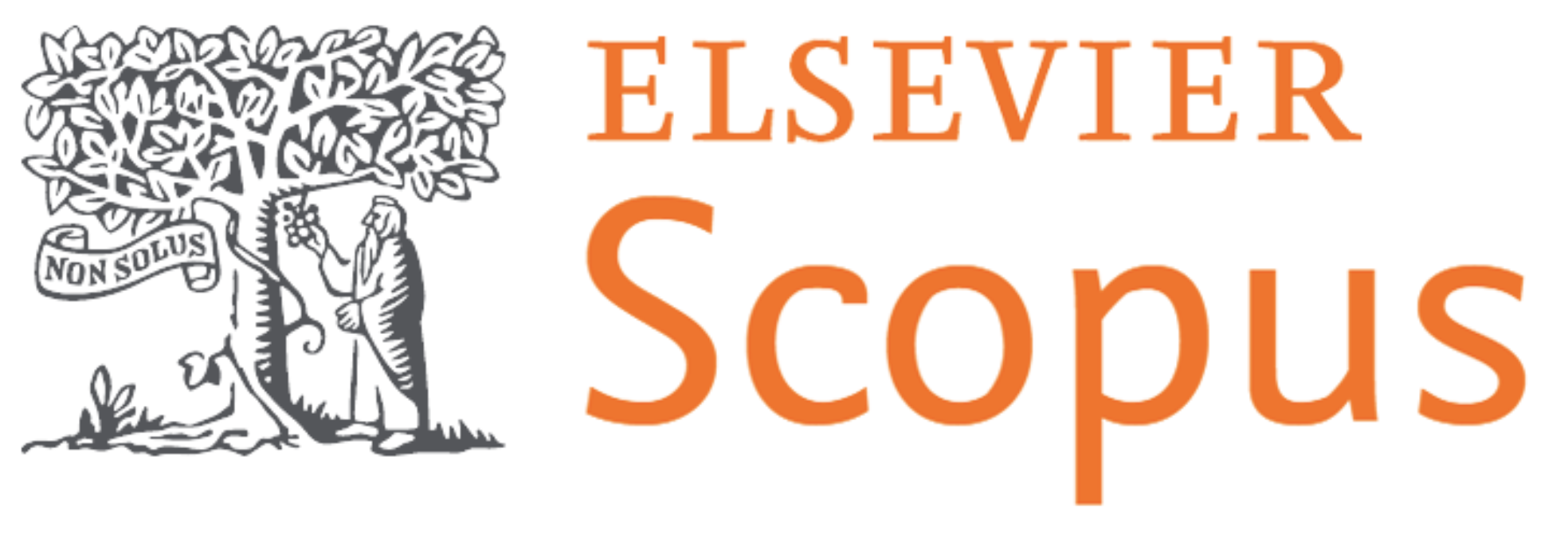Management of Solid Wastes on Farms in the State of Rio Grande do Sul, Brazil
DOI:
https://doi.org/10.17765/2176-9168.2014v7n3p%25pKeywords:
Environmental Management, Farms, Solid ResiduesAbstract
Environmental practices in the management of organizations have become an important factor so that enterprises may improve their presentation and meet the requirements of a globalized market. The management of wastes is a great concern and one of the causes of several problems worldwide. Current analysis deals with the management practices of solid residues and the initiatives undertaken on farms. A quantitative research, coupled to sampling by convenience and accessibility, was performed, comprising a 19-point questionnaire and applied to 59 farmers, managers and leaseholders with agricultural and cattle-raising activities. Data were analyzed by frequency technique with SPSS. Main results revealed that most agents are more than 40 years old; with high-schooling; more than 70% are owners of large extensions of land for the production of grain; total profit of more than 400,000 Brazilian reals. Moreover, the discourse that owners are aware of the residue problems is a myth since it is not applied in the control activities and practices. Supplying firms enhance the reverse discourse of the labels and CONAMA. FEPAM and municipal organizations fail to supervise the farms´ activities. The great difficulties comprise the disposal of residues in a proper place, lack of residue disposals, dearth of information. In fact, more than 60% of the farms do not undertake the collection of solid wastes.Downloads
Published
2013-12-13
How to Cite
Mazza, V. M. de S., Madruga, L. R. da R. G., Ávila, L. V., Perlin, A. P., Machado, E. C., & Duarte, T. L. (2013). Management of Solid Wastes on Farms in the State of Rio Grande do Sul, Brazil. Revista Em Agronegócio E Meio Ambiente, 7(3). https://doi.org/10.17765/2176-9168.2014v7n3p%p
Issue
Section
Environment
License
A Revista se reserva o direito de efetuar, nos originais, alterações de ordem normativa, ortográfica e gramatical, com o intuito de manter o padrão culto da língua, respeitando, porém, o estilo dos autores. As opiniões emitidas pelos autores são de sua exclusiva responsabilidade.Os direitos autorais pertencem exclusivamente aos autores. Os direitos de licenciamento utilizado pelo periódico é a licença Creative Commons Attribution
 Creative Commons Atribuição 4.0 Internacional. São permitidos o compartilhamento (cópia e distribuição do material em qualquer meio ou formato) e adaptação (remixar, transformar, e criar a partir do trabalho, mesmo para fins comerciais), desde que lhe atribuam o devido crédito pela criação original.
Creative Commons Atribuição 4.0 Internacional. São permitidos o compartilhamento (cópia e distribuição do material em qualquer meio ou formato) e adaptação (remixar, transformar, e criar a partir do trabalho, mesmo para fins comerciais), desde que lhe atribuam o devido crédito pela criação original.










